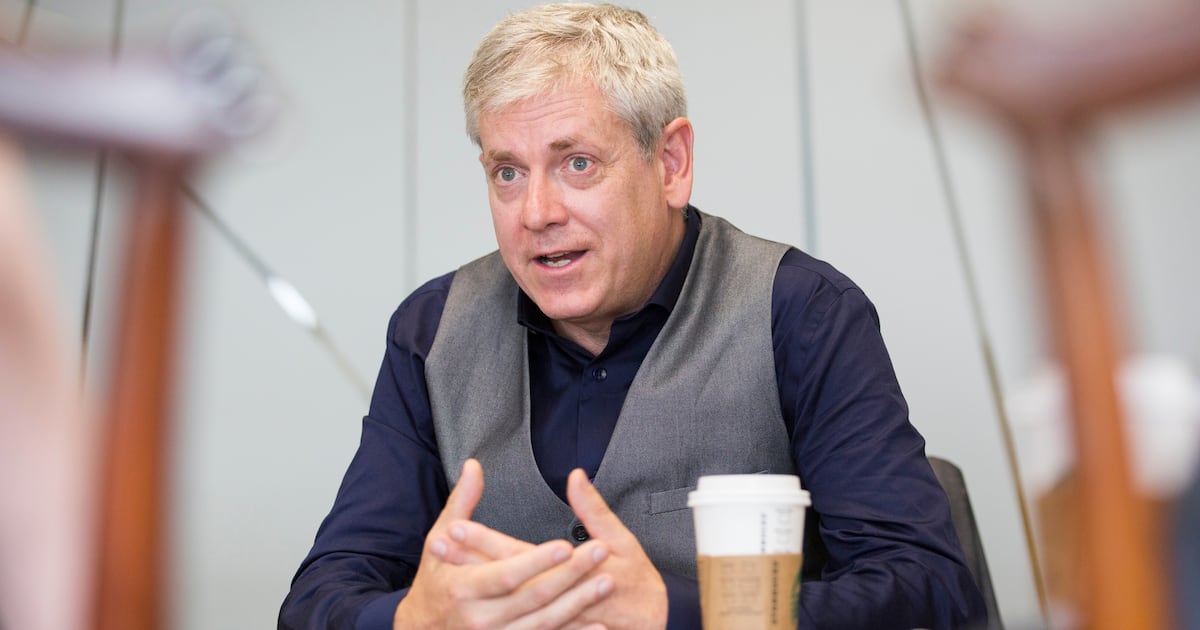There is nothing new about the claim of damage to national security from the WikiLeaks release of confidential State Department information. Similar claims were made by Deputy Undersecretary of State William B. Macomber in secret hearings during the Pentagon Papers case in 1971. They were rejected then, as they should be now.
Macomber complained that information in the papers would embarrass foreign nations. He said Australia was furious because the papers said it had been muscled by the U.S. into providing troops to Vietnam. The Australian government had told its public it had sent troops there because of its treaty obligations under SEATO. This was not true.
The papers also had embarrassed the Canadian government, Macomber complained. The U.S. had used Blair Seaborne, a Canadian diplomat, to represent it at peace negotiations, the papers disclosed. The public story was that Seaborne represented the Canadian government alone. Macomber said that embarrassing disclosures of this sort jeopardized our relations with other countries since they could not deal with us in confidence.
The WikiLeaks information contains similar allegations. Several Arabian countries have secretly been urging the U.S. to take Iran out, the leaked diplomatic cables disclose. They contain embarrassing characterizations of political leaders. Russian President Dmitry Medvedev “plays Robin to Putin’s Batman.” North Korean leader Kim Jong-Il is “a flabby old chap” who has suffered “physical and psychological trauma” since having a stroke.
The two trial courts that heard Macomber’s testimony ignored it. They found that the government could not stop publication of information that was merely “embarrassing.” Judge Gurfein, who presided over the Pentagon Papers trial, presciently said, “I wonder in the times we live in whether you don’t have to adjust... Every day on television I can find out almost the entire order of battle of the United States Army and Marines...” Gurfein did not know, of course, that a generation later times have, indeed, changed again. We are now in the Digital Age, where everything is public.

In the Digital Age, whether we like it or not, privacy and confidentiality have become an increasingly scarce commodity. It is safe to say the State Department, like the rest of us, will have to adjust to that fact.
If the government really wants to stop WikiLeaks, it can encrypt its cables.
• Leslie H. Gelb: WikiLeaks Accidentally Helps the U.S.• Stephen L. Carter: The Case Against Assange• 9 Most Shocking WikiLeaks SecretsOne of the dirty secrets of the intelligence world is that encrypted messages are very difficult to decrypt. An email message introduced in the Ramzi Yusef trial in 1997 for the bombing of the World Trade Center still has not been fully decrypted, according to lawyers familiar with the case.
This phenomenon probably explains why Research In Motion had to make adjustments to its BlackBerry encrypted email system last summer. (No one may be able decrypt its email quickly without its help.) It also explains FBI Director Robert Mueller’s trip to Silicon Valley recently to work out a system with major email providers to give the government access to encrypted email.
If the government really wants to stop WikiLeaks, it can encrypt its cables. Presently, the emails are sent in encrypted form and decrypted when they arrive and stored in decrypted form. The government could store them in encrypted form.
It would be a great inconvenience, of course, would inhibit data sharing, and, as former Ambassador Ronald Neumann said on NPR this week, “would not do you much good.” But the government cannot have it both ways. Max Frankel noted in his book Times of My Life and My Life With the Times that it is the job of the government to keep its secrets and the job of the press to get them. If the government wants to keep its information private, it has to do a better job of doing that.
Additionally, there is a question about whether the government can do anything legally about the leaks. The Obama administration believes it can. It has used the Espionage Act an unprecedented four times in the last two years. In the last 40 years, it had been used only three times.
The Espionage Act was used in a futile attempt to stop The New York Times from publishing the Pentagon Papers. It was not intended to stop leaks. It is very vague and presumably unconstitutional. Yet President Obama has used it continuously, including indicting whistleblower Thomas Drake, for leaking to The Baltimore Sun information covering waste, fraud, and abuse at the NSA. His alleged crime had little to do with national security.
The information leaked by WikiLeaks includes unclassified information. If Obama decides to prosecute leakers for leaks of unclassified information, we will be on our way to an Official Secrets Act. Such an act permits a government to censor and penalize the publication of information it deems secret. The U.S. does not have an Official Secrets Act because under the First Amendment, it would be unconstitutional.
It would be the better part of valor to avoid these problems. All the State Department has to do is a better job of keeping its confidential information confidential, or alternatively, join the rest of us in the Digital Age.
James C. Goodale, counsel for the The New York Times in the Pentagon Papers case, is writing a book, Fighting for the Press, Why the Pentagon Papers Case Still Matters, and is co-producer of the TV program Digital Age on Channel 25 in New York City.






